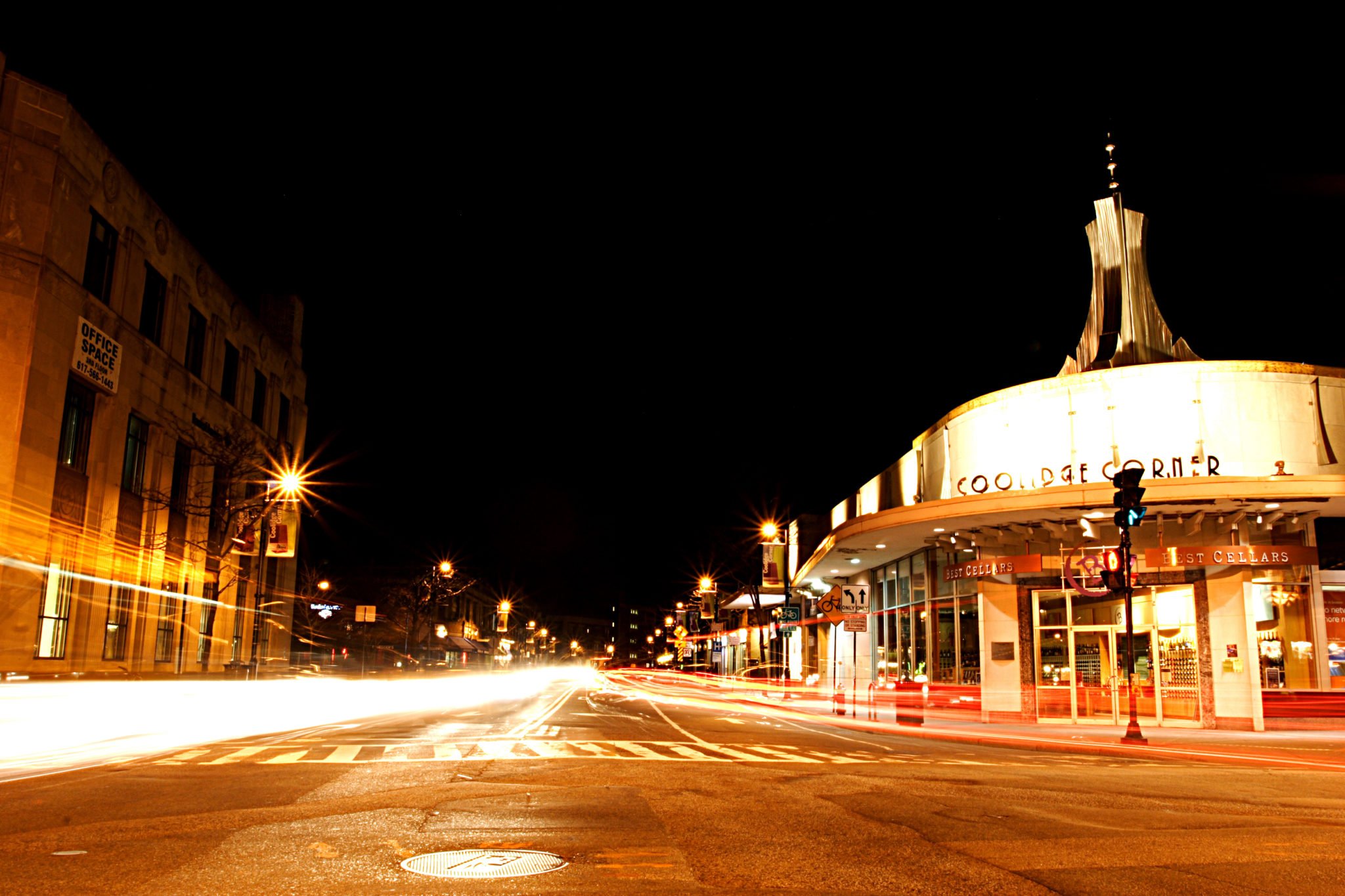On July 19, Massachusetts Attorney General Maura Healey approved a law in the town of Brookline that would prohibit the sale of all “tobacco products” to anybody born after January 1, 2000. The restriction, the first of its kind in the United States, is designed to prevent future generations from using not only tobacco but nicotine. It stops any “person, firm, corporation, establishment, or agency” from selling e-cigarettes and vaping products to anyone in that age category as well.
In other words, a person who is 20 years old right now will not be able to purchase any tobacco or vapes in Brookline, ever—even in 2041, when they are 40.
Local officials in the affluent town, which borders Boston, voted overwhelmingly in November 2020 for the “first-in-the-nation Tobacco Free Generation” (TFG) policy, and they’ve been anticipating the stamp of the state attorney general since then. (Healey acknowledged that it doesn’t interfere with any state laws or the constitution of the Commonwealth of Massachusetts, ensuring its legality.)
TFG, a self-described “social movement” reportedly conceived of in Singapore, hasn’t gained much mainstream traction yet. It is, however, forcing a simmering debate in tobacco control to the surface. The question remains: As a society, should we be striving for a future completely free of nicotine in every form, or should we accept the reality of nicotine use and install regulations that encourage smokers to switch to safer alternatives like e-cigarettes or pouches?
“Prominent tobacco control organizations used to strenuously deny that they were prohibitionists. Those days are long gone.”
We are inching toward an answer in the US. Vape manufacturers currently await decisions from the Food and Drug Administration (FDA) on the regulation of their products through the first round of the agency’s premarket tobacco product applications (PMTA) process. Meanwhile, abstinence-only organizations like the Michael Bloomberg-funded Campaign for Tobacco-Free Kids (CTFK) have doubled down—alongside their allies in Congress—fighting for flavor bans across the country and implying that the FDA should preemptively strip some products from the marketplace without the long-anticipated reviews taking place. The FDA has recently signaled that at least some major products could be approved by a September 2021 deadline.
“Prominent tobacco control organizations used to strenuously deny that they were prohibitionists,” Greg Conley, the president of the American Vaping Association (AVA), told Filter. “Those days are long gone. Now, it seems like there is a race to see who can achieve the greatest disparity between how nicotine products and cannabis and alcohol are regulated.”
At least in Brookline, though, TFG has been a long time coming and, perhaps, something of an inevitability. Anti-nicotine advocates have been pushing for some form of TFG there since at least 2016, and the town has a history of aggressive tobacco control.
As Jim McDonald noted in Vaping360, the suburb was an early adopter of indoor smoking bans, raised the legal age to purchase tobacco to 21 in 2014, and capped the number of tobacco licenses for retailers in the market. In the spring of 2019, as concerns over teen vaping began to explode, Brookline joined what was then a short list of cities, towns and municipalities that banned the sale of flavored tobacco and vaping products, including menthol. Six months later, Massachusetts passed the same kind of flavor ban statewide.
Some tobacco control groups, like Action on Smoking and Health (ASH), lauded Brookline’s decision. They view it as a step forward in building a world without nicotine, and see the small town’s move as a potential model.
“The Tobacco Free Generation (TFG) concept, which in effect is a sales ban with a grandfather clause for existing people of legal age who smoke, offers an excellent way forward in places where a comprehensive sales ban … is undesirable or politically infeasible,” said Lauren Huber, the executive director of ASH, in a statement. “In addition to preventing a new generation from being addicted to nicotine—and facing the long-term health issues that come with it—Brookline citizens who smoke will be further motivated to quit as smoking becomes rarer around them.”
“Unregulated markets are inherently more dangerous.”
On the other hand, critics of the drug war, tobacco harm reduction proponents and consumer representatives like Conley lambasted the idea, asking how this version of prohibition will succeed when attempts with other drugs have invariably been unsuccessful and harmful.
“Not only will enforcement of this become a nightmare, but it continues to push prohibitionist policies that inevitably send people to underground, unregulated markets,” Matt Sutton, the director of media relations for the Drug Policy Alliance (DPA), told Filter. “If we’ve learned anything from the vaping scare last year, which has now been correctly attributed to unregulated THC products, or the overdose crisis that took the lives of at least 93,000 Americans in 2020, it is that unregulated markets are inherently more dangerous.”
“The whole measure is ridiculous, especially if you imagine how it will function in 2030 or 2040,” echoed Clive Bates, a tobacco control expert and former director of ASH (UK). “It infantilizes adults, sets up illegal trade between older and younger age groups, and ultimately aims at creeping prohibition, with all the crime and abuse that will bring.”
AVA has provided donations to The Influence Foundation, which operates Filter. DPA previously provided a restricted grant to The Influence Foundation to support a Drug War Journalism Diversity Fellowship. Filter’s Editorial Independence Policy applies.
Photograph of Brookline by lee via Flickr/Creative Commons 2.0




